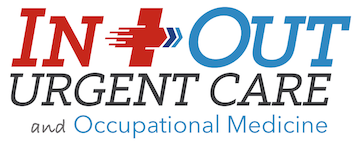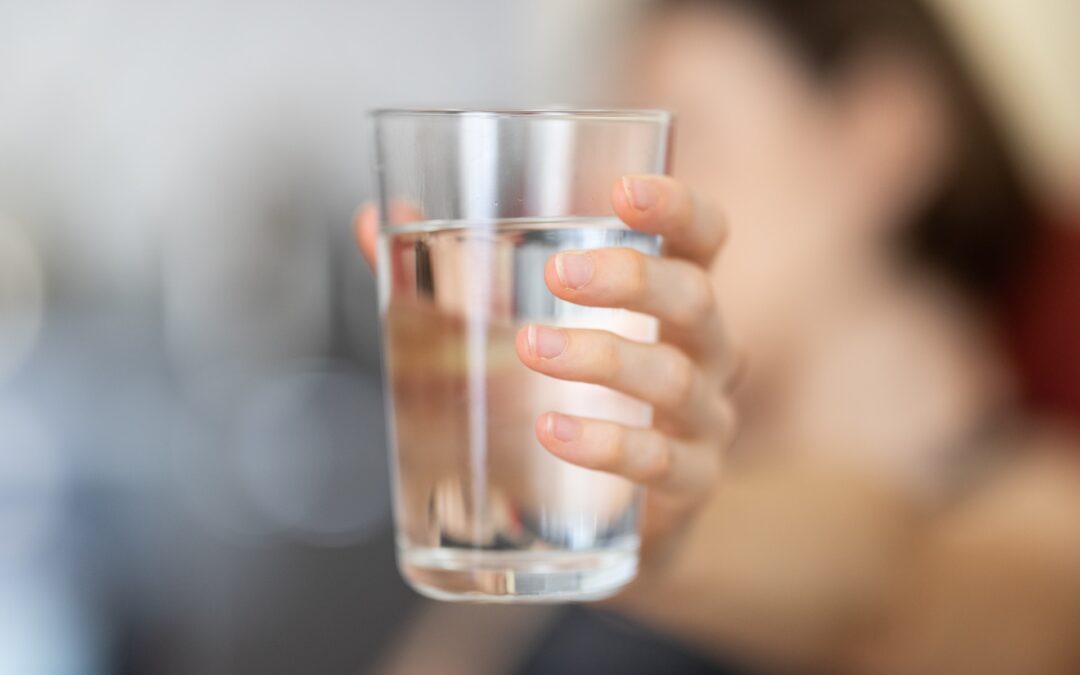Staying adequately hydrated is essential for maintaining overall health and well-being, yet the dangers of dehydration are often overlooked. Dehydration occurs when the body loses more fluid than it takes in, leading to an imbalance in the essential minerals, such as salts and sugars, needed for bodily functions.
In & Out Urgent Care aims to raise awareness about the potential risks of dehydration, the symptoms to look out for, and offer expert advice for maintaining proper hydration.
In this article, we will explore the hidden dangers of dehydration, delve into its various symptoms, and provide In & Out Urgent Care’s trusted recommendations for staying hydrated and maintaining optimal health.
Armed with this knowledge, you can proactively prevent dehydration and protect the well-being of yourself and your loved ones, ensuring that your body continues to function efficiently throughout daily activities and beyond.
The Importance of Staying Hydrated: Health Benefits
Proper hydration is crucial for maintaining optimal health, as it enables the body to perform essential functions effectively. Some of the primary health benefits associated with staying hydrated include:
- Regulating Body Temperature: Water helps dissipate heat through perspiration and evaporation, preventing the body from overheating.
- Lubricating Joints: Adequate hydration ensures that joints remain well-lubricated and functional, reducing the risk of joint pain and inflammation.
- Aiding Digestion: Hydration plays a vital role in facilitating the digestion and absorption of nutrients, mitigating gastrointestinal discomfort.
- Ensuring Proper Kidney Function: Sufficient fluid intake aids the kidneys in filtering waste products and toxins from the bloodstream.
- Maintaining Cardiovascular Health: Maintaining sufficient hydration levels ensures appropriate blood volume, promoting healthy blood pressure and circulation.
The Hidden Dangers of Dehydration: What You Need to Know
Dehydration poses a substantial risk to health and well-being, as it can lead to several complications if left untreated. Some potential dangers associated with dehydration include:
- Heat Exhaustion and Heatstroke: Dehydration impairs the body’s ability to regulate its temperature, resulting in heat exhaustion or, in severe cases, heatstroke, which can be life-threatening.
- Urinary Tract Infections: Insufficient fluid intake increases the risk of urinary tract infections due to the decreased ability of the urinary system to flush out bacteria.
- Kidney Stones: Dehydration can lead to increased mineral deposits in the kidneys, potentially forming kidney stones.
- Cognitive Impairment: Dehydration can negatively affect cognitive function, resulting in decreased attention, increased fatigue, and impaired memory.
Identifying Dehydration: Recognizing Common Symptoms
It’s essential to recognize the signs and symptoms of dehydration to take action promptly and seek proper guidance from a healthcare professional, such as those at In & Out Urgent Care. Common symptoms to look out for include:
- Thirst: Thirst is an obvious sign that your body requires fluids. However, don’t solely rely on this symptom – thirst can sometimes occur too late, when dehydration has already set in.
- Dark Urine: The color of your urine can be indicative of your hydration level. Dark yellow to amber-colored urine is a sign that you may be dehydrated.
- Dry Skin and Lips: When dehydrated, the body will prioritize essential organs and tissues, potentially leading to dry, parched skin and lips.
- Fatigue: Dehydration can lead to a decrease in blood volume, causing the heart to work harder to circulate oxygen and nutrients, leading to feelings of fatigue.
- Dizziness or Lightheadedness: Dehydration can lead to low blood pressure, resulting in dizziness or lightheadedness, particularly when standing up.
- Infrequent Urination: A decrease in urine output or longer intervals between urination may indicate dehydration, as your body tries to conserve water.
Staying Hydrated: In & Out Urgent Care’s Expert Recommendations
Staying adequately hydrated is achievable by incorporating simple habits into your daily routine. In & Out Urgent Care recommends the following strategies to maintain proper hydration:
- Sip Water throughout the Day: Make it a habit to sip water consistently, rather than solely relying on thirst as an indicator. Keep a water bottle with you at all times as a reminder to drink regularly.
- Opt For Water-Rich Foods: Consume more water-rich fruits and vegetables, such as watermelon, cucumber, oranges, and strawberries, to help maintain hydration levels.
- Choose Hydrating Beverages: In addition to water, incorporate other hydrating beverages, such as herbal tea, coconut water, and diluted natural fruit juices, into your daily fluid intake.
- Monitor Your Urine Color: Regularly assess your urine color as an indicator of hydration. Aim for a light-yellow to straw-colored hue.
- Adjust Hydration Strategies Based on Factors: Consider factors like physical activity, climate, altitude, and individual health, when planning your hydration strategy, as these variables can influence fluid requirements.
- Establish Individualized Hydration Goals: Customize your daily fluid intake based on your personal needs. The National Academies of Sciences, Engineering, and Medicine recommends a daily water intake of 3.7 liters (or 125 ounces) for men and 2.7 liters (or 91 ounces) for women, considering all beverages and food. However, individual needs may vary, so consult with a healthcare professional to tailor hydration goals specifically.
Hydration for Athletes and Active Individuals
For those engaged in regular physical activity or sports, In & Out Urgent Care emphasizes the importance of adjusting hydration strategies to account for increased fluid loss through perspiration. Recommendations include:
- Drink water before, during, and after exercise: Pre-hydrate approximately 2 hours before exercising by consuming 17-20 ounces of water. Drink 7-10 ounces every 10-20 minutes during exercise, and rehydrate with 16-24 ounces of fluid for every pound lost after exercise.
- Replenish electrolytes: Active individuals should consider consuming a sports drink or electrolyte-enhanced water during prolonged or intense exercise to replace lost electrolytes, such as sodium and potassium.
Stay vigilant about your hydration levels and pay attention to your body’s signals. By incorporating In & Out Urgent Care’s expert advice into your life, you can maintain proper hydration, prevent dehydration, and promote overall health and well-being.
Stay Hydrated with In & Out Urgent Care: Supporting Your Overall Health & Well-being
Maintaining optimal hydration is essential for sustaining our overall health and well-being, and preventing dehydration’s potential dangers. By remaining vigilant about your hydration levels, recognizing symptoms, and incorporating In & Out Urgent Care’s expert recommendations, you can effectively manage your fluid intake and stay healthy. If you’re concerned about dehydration, experiencing symptoms, or need expert guidance on customization of your hydration strategy, reach out to In & Out Urgent Care.
Looking for urgent care in New Orleans, LA? Look no further than In & Out Urgent Care! Our compassionate, skilled team is here to support the overall health of the communities in Metairie, New Orleans, Covington, and beyond. Don’t wait until it’s too late – schedule an appointment today to receive the highest quality care and ensure you and your loved ones remain hydrated and healthy. Trust us to provide the urgent care services you need, when you need them. Contact us now and see the difference our team can make!

